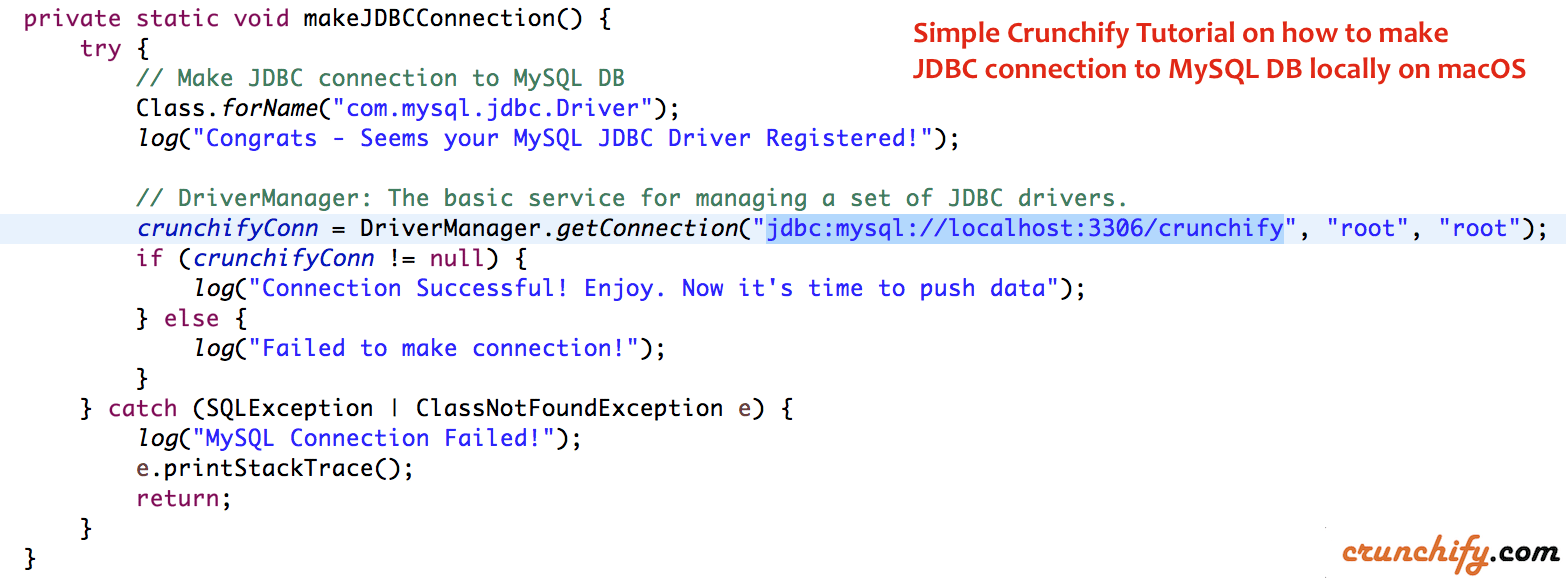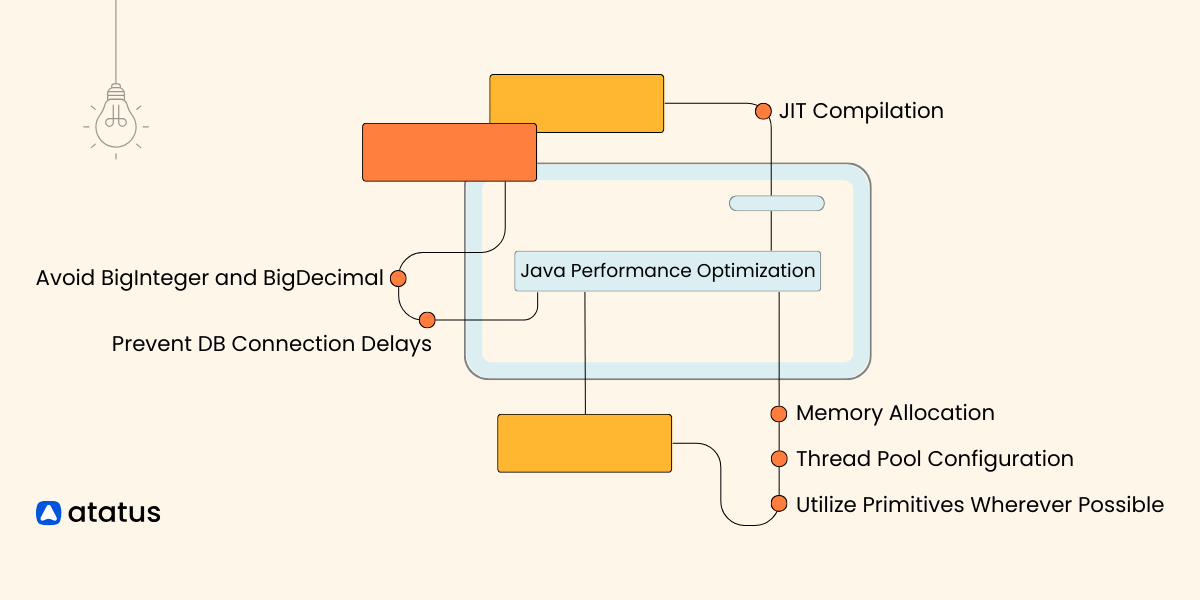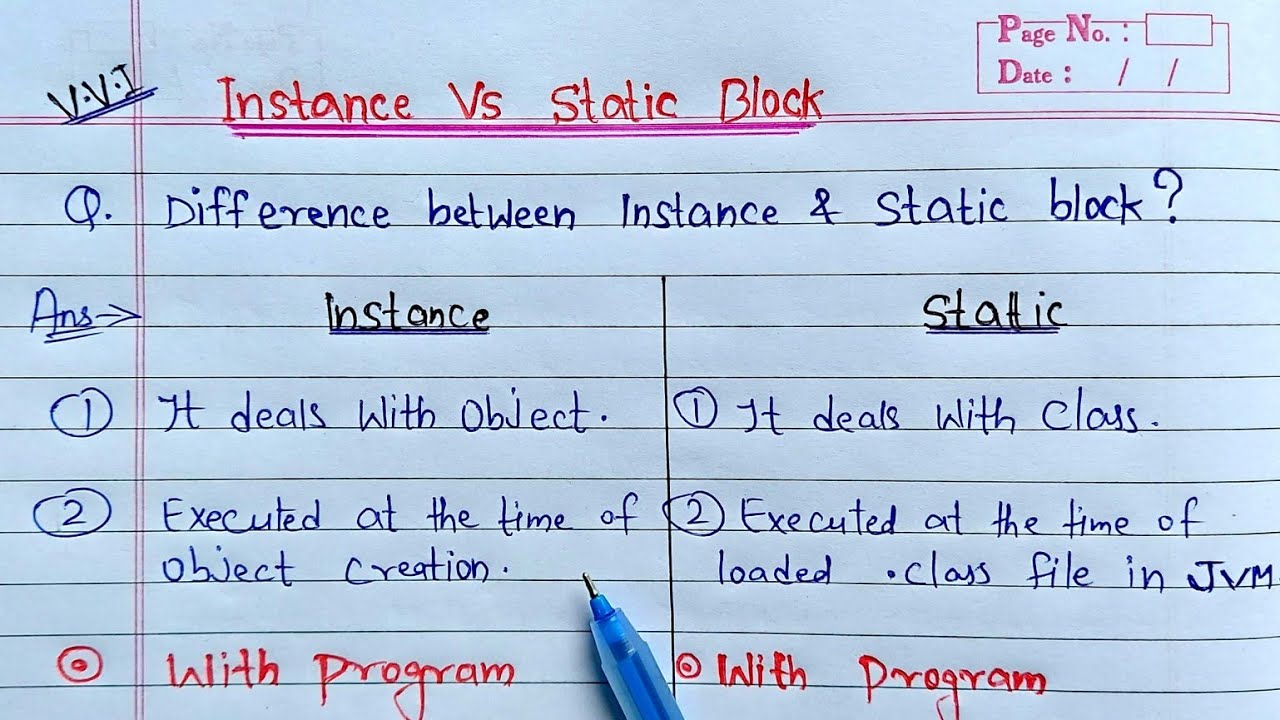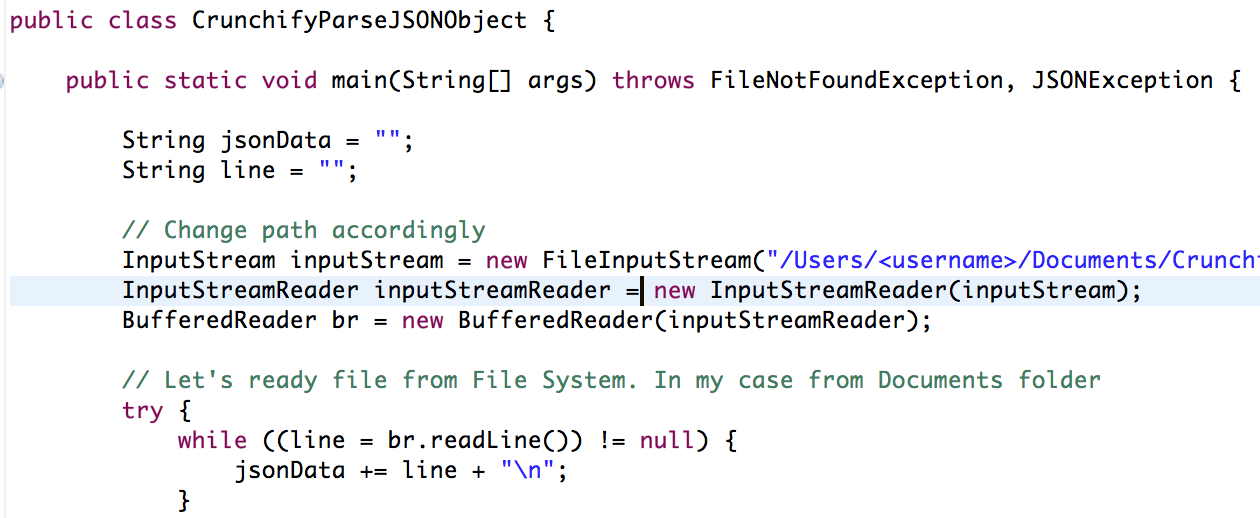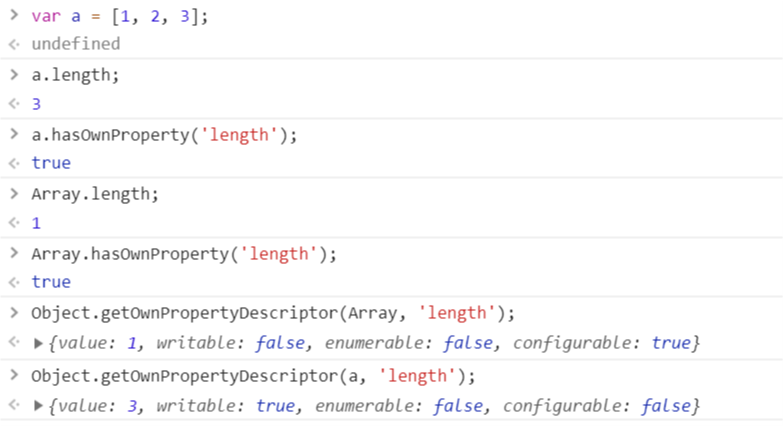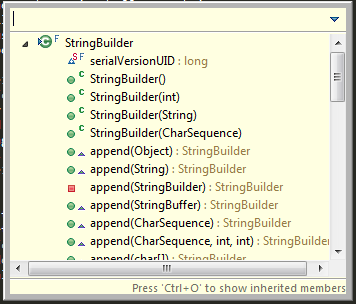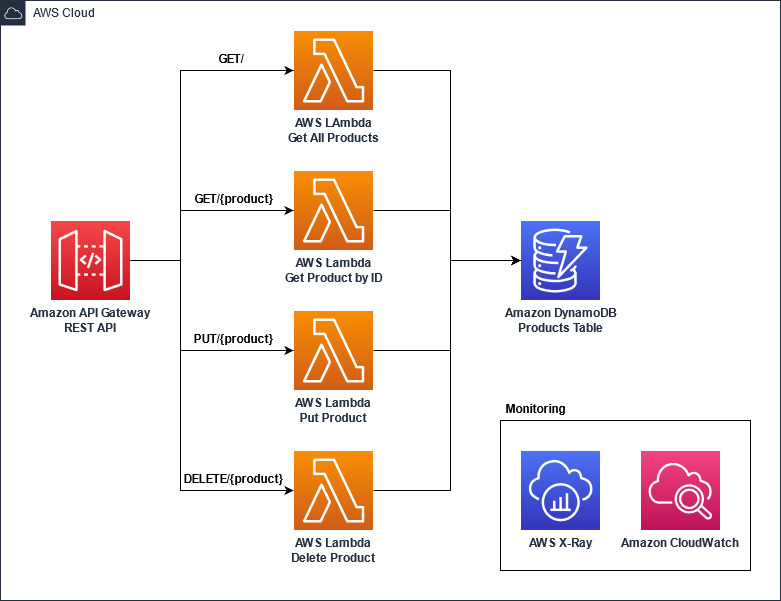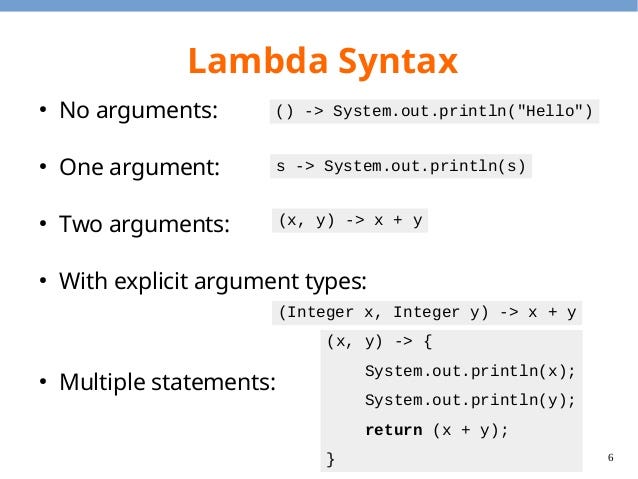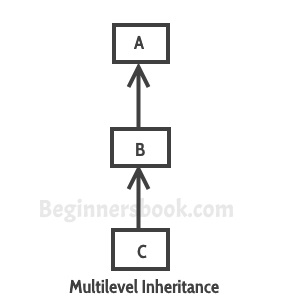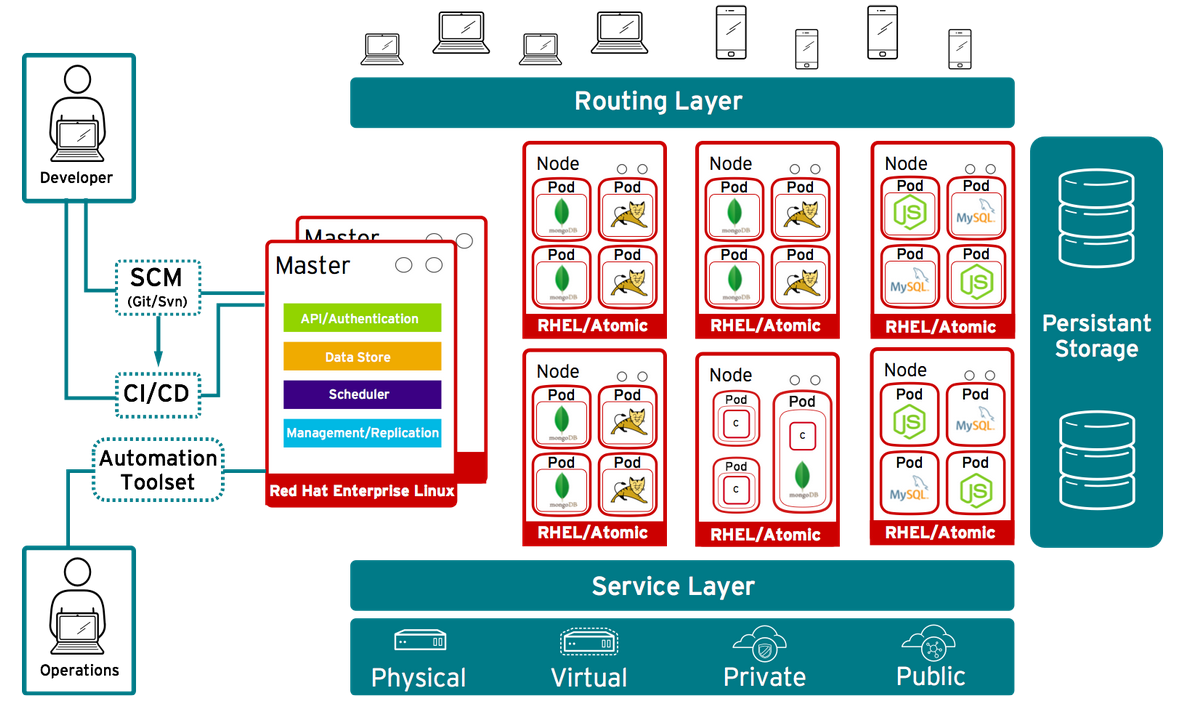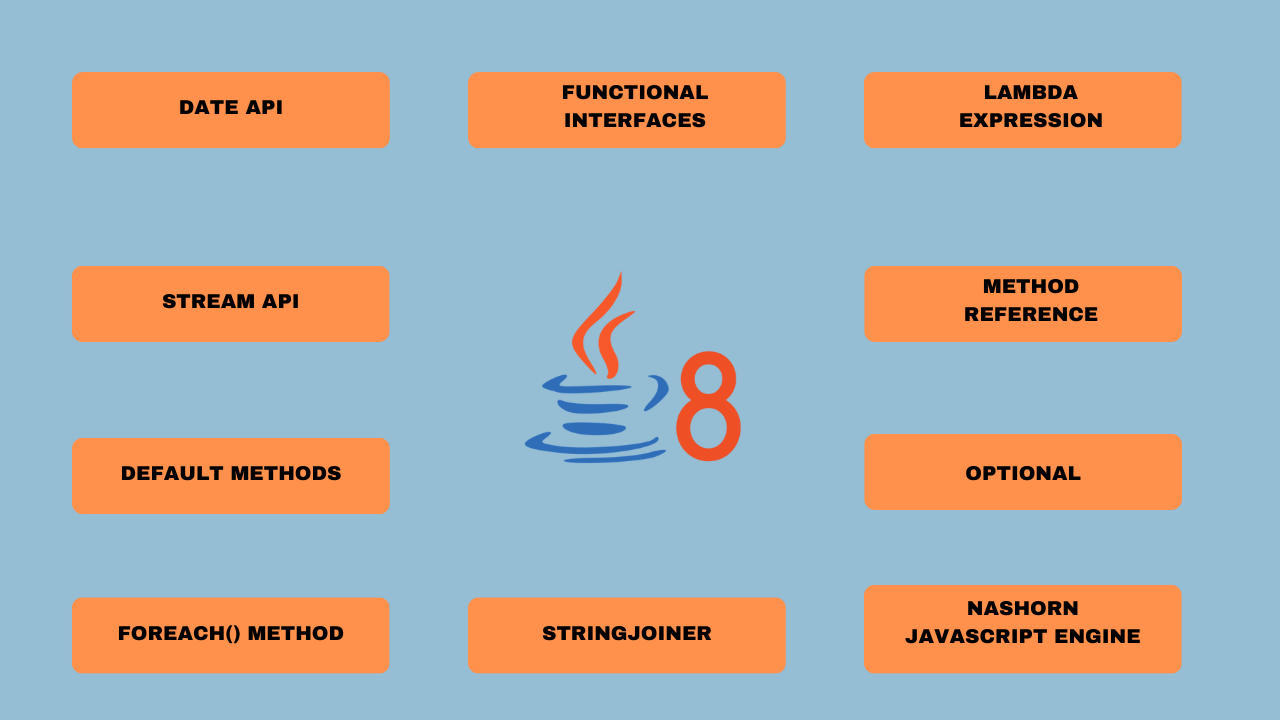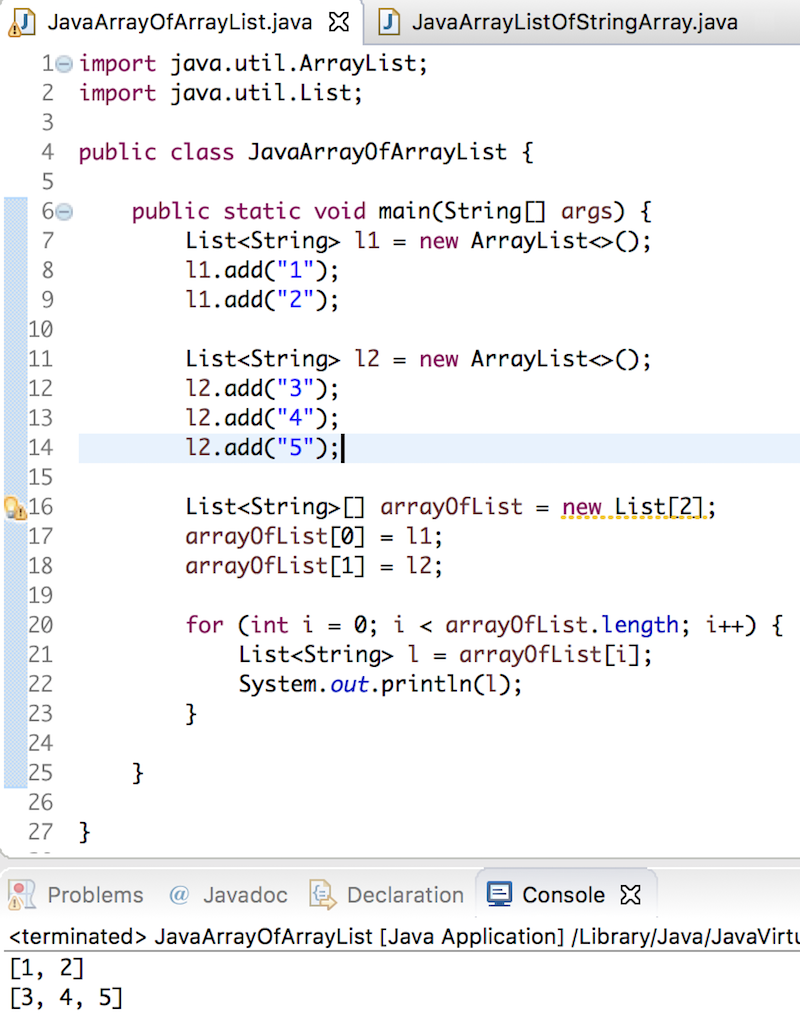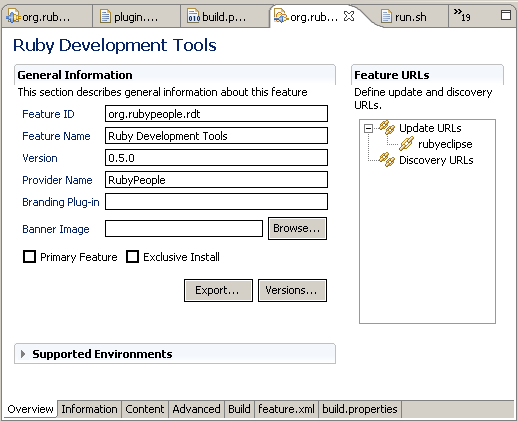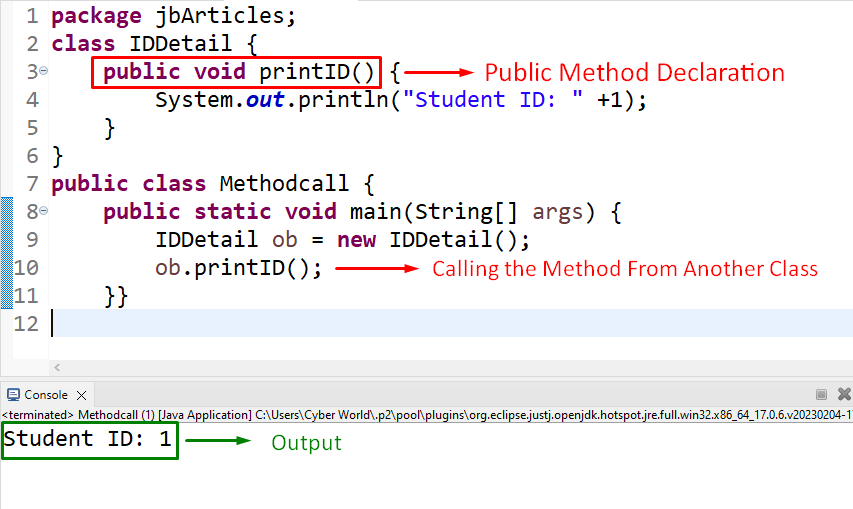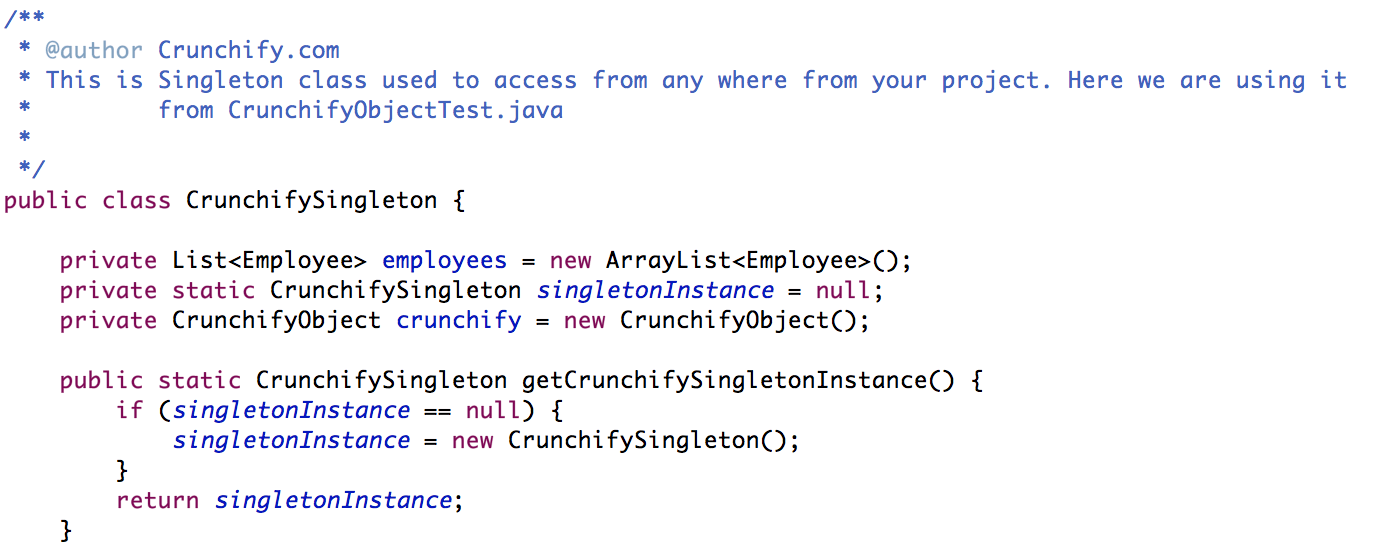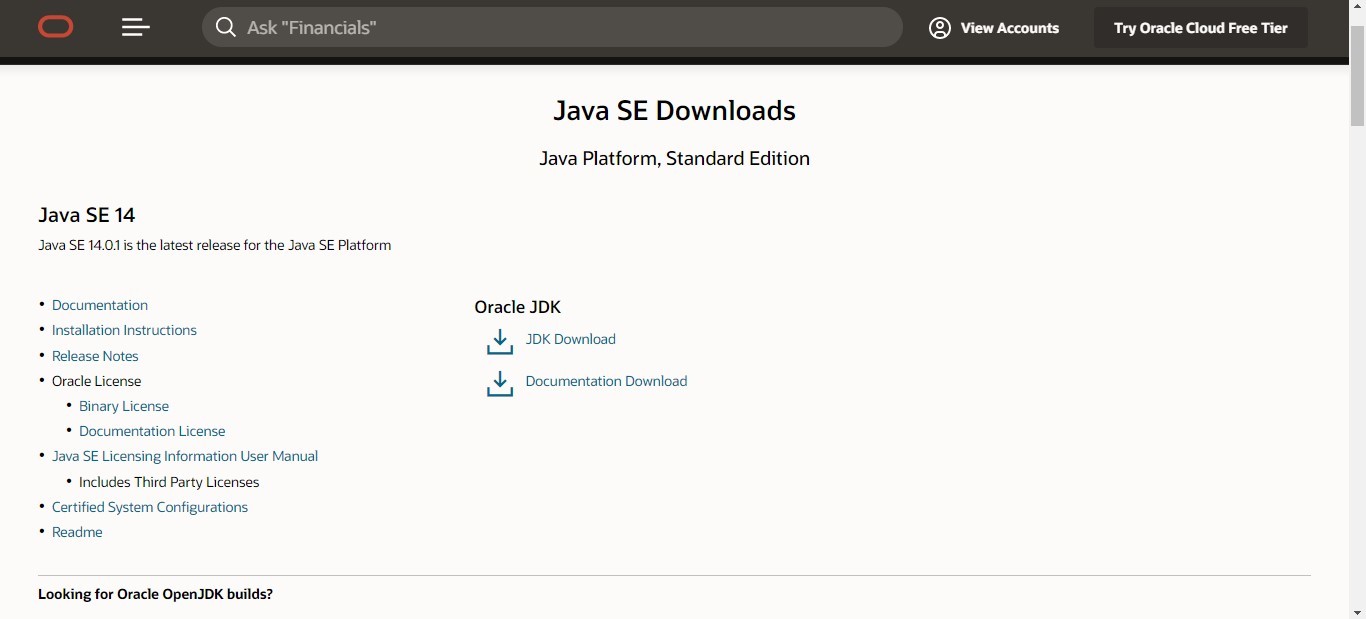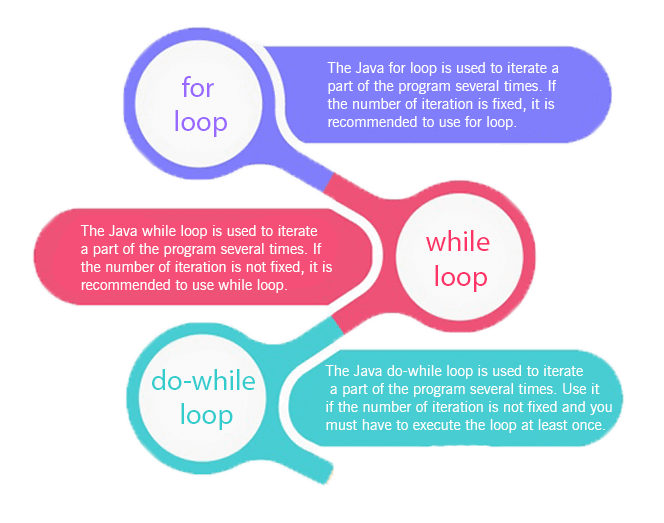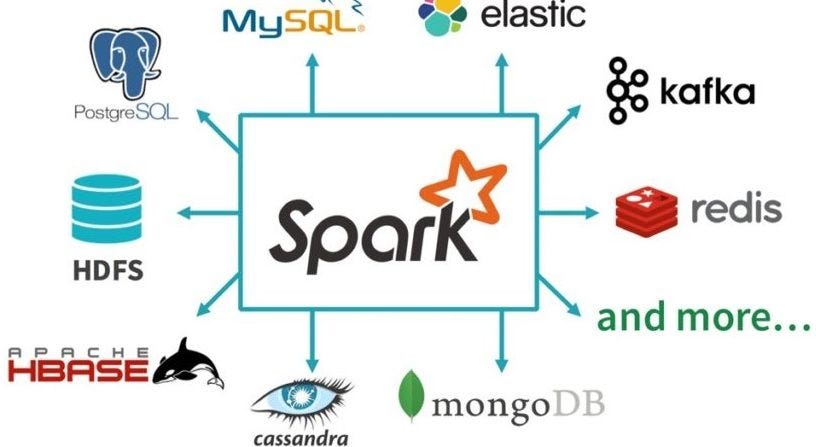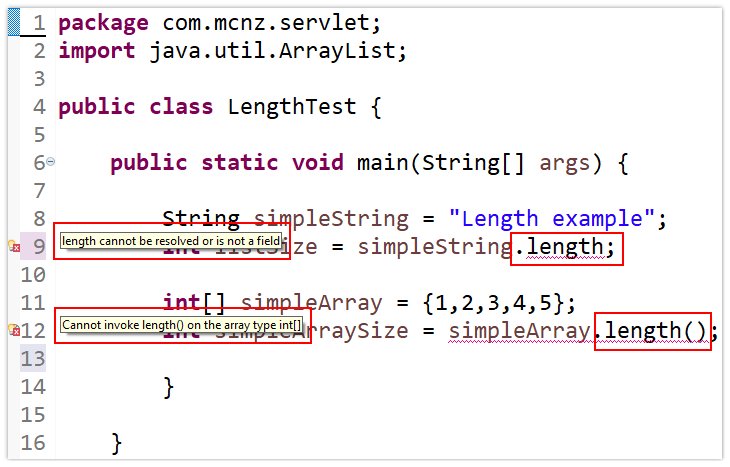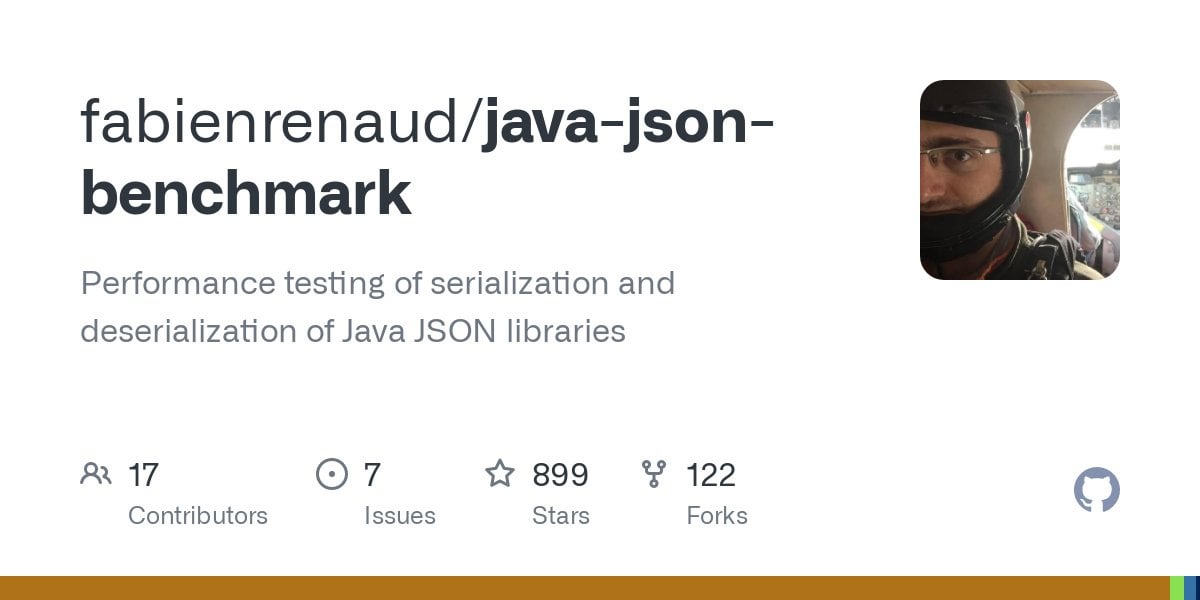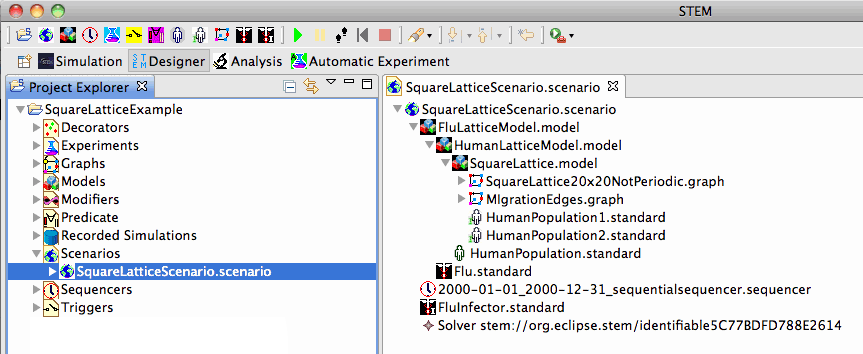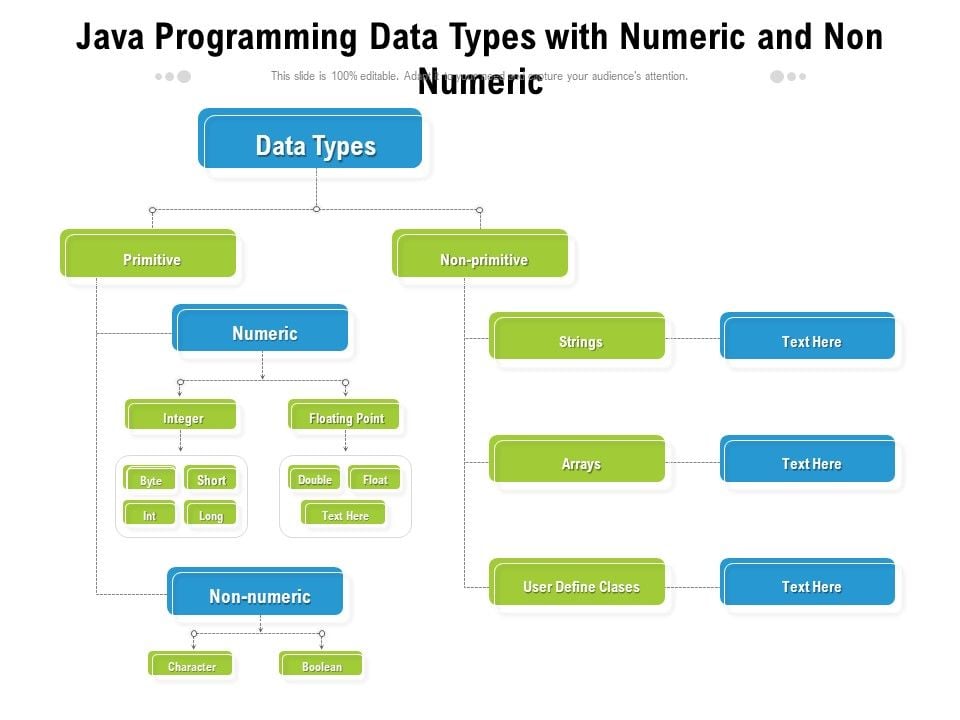Java technical lead interview questions for 15 years experience
Java technical lead interview questions for 15 years experience
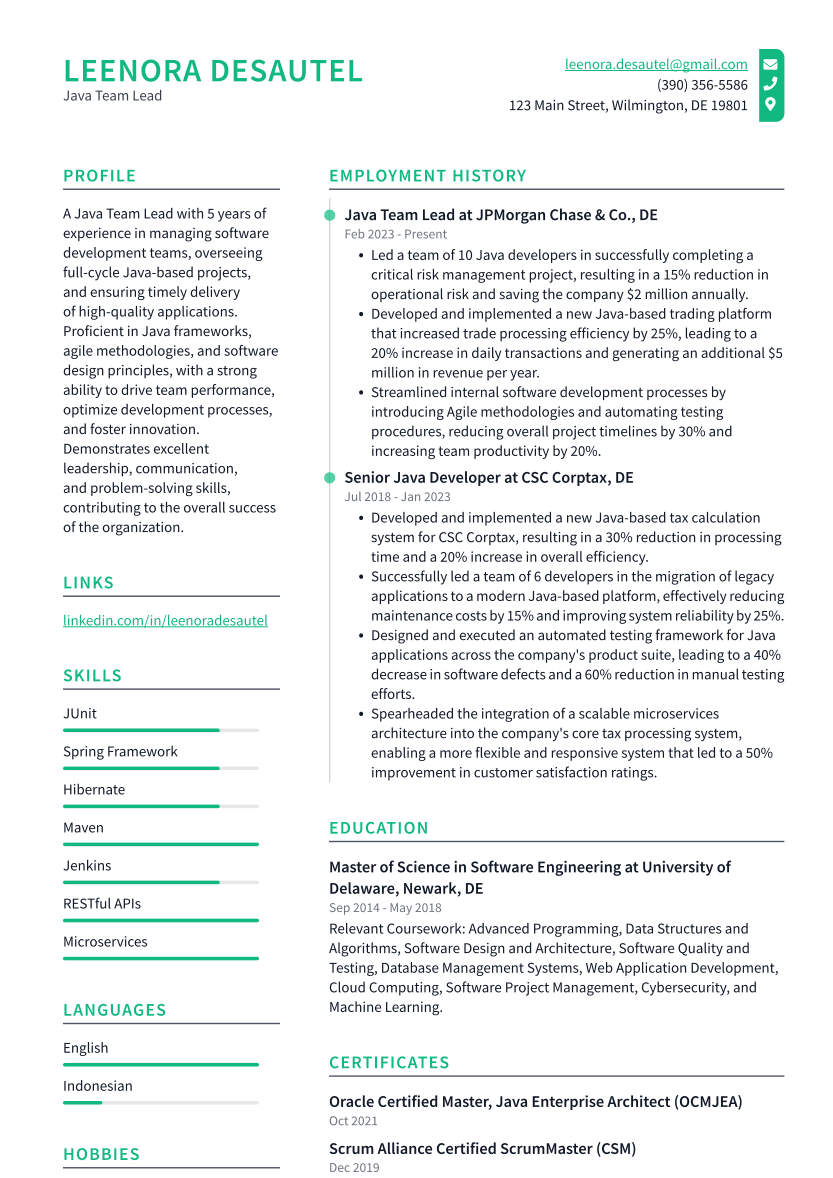
Here are some common Java technical lead interview questions that you might encounter if you have 15 years of experience:
Design a scalable architecture for a high-traffic e-commerce platform:Discuss the importance of scalability, fault tolerance, and performance in an e-commerce platform.
Explain how you would design a distributed architecture using microservices, load balancers, and caching layers.
Optimize the performance of a complex Java application:Describe your approach to identifying performance bottlenecks, such as memory leaks or slow database queries.
Discuss optimization techniques like profiling, instrumentation, and caching, along with strategies for reducing garbage collection pauses.
Implement a Java-based real-time data processing pipeline using Kafka, Storm, or Flink:Explain the concepts of event-driven architecture, data streaming, and real-time data processing.
Design a pipeline that uses Apache Kafka as an event producer, and either Apache Storm or Apache Flink as the event consumer.
Design a secure Java-based authentication system for a large-scale enterprise application:Discuss the importance of security in modern software development, focusing on confidentiality, integrity, and availability.
Explain how you would design a robust authentication system using Java, including password hashing, token validation, and session management.
Optimize the memory usage of a JVM-based application to support large-scale data processing:Discuss strategies for minimizing garbage collection pauses and optimizing heap size.
Explain your approach to profiling and analyzing memory usage, using tools like VisualVM or Eclipse MAT.
Design a Java-based IoT (Internet of Things) solution that collects and analyzes sensor data from remote devices:Describe the characteristics of IoT devices and the challenges in collecting and processing their data.
Design a solution that uses Java to collect and analyze sensor data, possibly leveraging technologies like MQTT, Apache Kafka, or Cassandra.
Implement a Java-based recommendation engine using collaborative filtering and matrix factorization:Explain the concepts of user-based and item-based collaborative filtering, as well as matrix factorization techniques.
Design a system that uses Java to implement a recommendation algorithm, potentially integrating with data storage technologies like Hadoop or Cassandra.
Design a scalable Java-based logging mechanism for a large-scale enterprise application:Discuss the importance of proper logging in software development, focusing on auditing, error tracking, and performance monitoring.
Explain your approach to designing a logging system that scales well, using tools like Logback, Apache Log4j, or Java's built-in Logger.
Optimize the concurrency of a high-performance Java-based application using locks, semaphores, or atomic operations:Discuss strategies for improving concurrency in Java applications, focusing on synchronization mechanisms and their implications.
Explain your approach to designing and implementing concurrent code, possibly leveraging tools like Java Concurrency Utilities or Akka.
Design a Java-based data warehousing solution that integrates with business intelligence tools and supports ad-hoc querying:Describe the characteristics of data warehousing and ETL (Extract, Transform, Load) processes.
Design a system that uses Java to integrate with data storage technologies like Hadoop or Cassandra, and supports ad-hoc querying through APIs like JDBC or ODBC.
These questions cover a range of topics related to Java, concurrency, distributed systems, and software architecture. Be prepared to provide specific examples from your experience in designing, developing, testing, and maintaining large-scale enterprise applications.
Java performance tuning interview questions for freshers
I'd be happy to help! Here are some Java performance tuning interview questions that are suitable for freshers:
Warm-up Questions
What is the importance of understanding JVM (Java Virtual Machine) memory allocation? How do you identify performance bottlenecks in a Java application? What is the role of garbage collection in Java's runtime environment?JVM Configuration and Tuning
Explain the differences betweenXmx and Xms JVM options. How would you tune the garbage collector for a Java application running on a multi-core processor? What is the purpose of the -XX:+UseConcMarkAndSweepGC JVM option? When should it be used? How do you adjust the JVM's heap size to optimize memory usage? What is the effect of setting java.gc.threshold to a specific value?
Java Application Performance
What are some common Java performance anti-patterns that can hinder application responsiveness? How would you improve the performance of a Java application using caching techniques? Explain how to use Java's built-in concurrency APIs (e.g.,ExecutorService, Future) to optimize thread pool utilization. What is the role of database connection pooling in improving Java application performance? How do you profile a Java application to identify performance bottlenecks? What are some common Java performance metrics (e.g., response time, throughput, CPU usage), and how would you measure them?
Advanced JVM and Performance Tuning Topics
How does the JVM's escape analysis feature impact object allocation and garbage collection? Explain the differences betweenG1 and ConcMarkAndSweep garbage collectors in terms of performance and memory utilization. What is the purpose of the -XX:+UseZGC JVM option, and when should it be used? How do you optimize Java application performance using CPU-intensive operations (e.g., parallel processing)? Explain how to use Java's instrumentation APIs (e.g., Java Instrumentation, JVMTI) for custom performance measurement and tuning. What are some best practices for debugging Java performance issues, and how would you utilize tools like jstack or visualvm?
Challenging Performance Tuning Questions
How would you optimize the performance of a Java application that experiences frequent full garbage collections? Explain how to use Java's built-in compression APIs (e.g.,zip, gzip) to reduce memory usage and improve application responsiveness. What is the impact of using a 3rd-party caching library (e.g., EhCache, Hazelcast) on Java application performance, and how would you configure it? How do you diagnose and troubleshoot performance issues in a distributed Java system involving multiple nodes or clusters?
Remember that these questions are meant to be starting points for your own research and learning. Be prepared to demonstrate your understanding of the concepts by providing concrete examples from personal experience or hypothetical scenarios.
I hope this helps!
